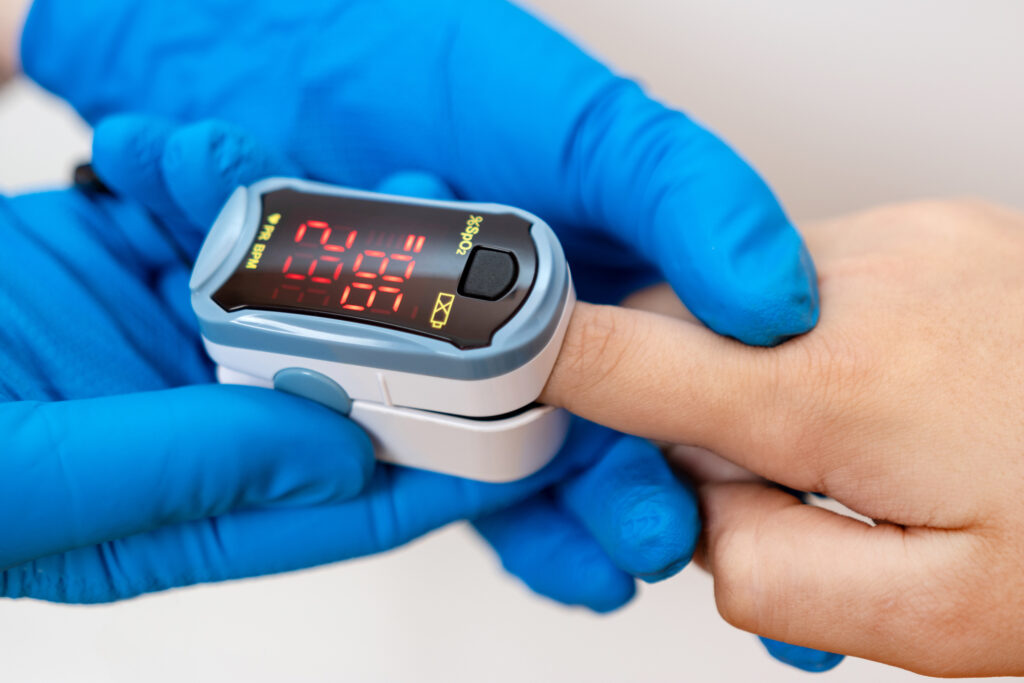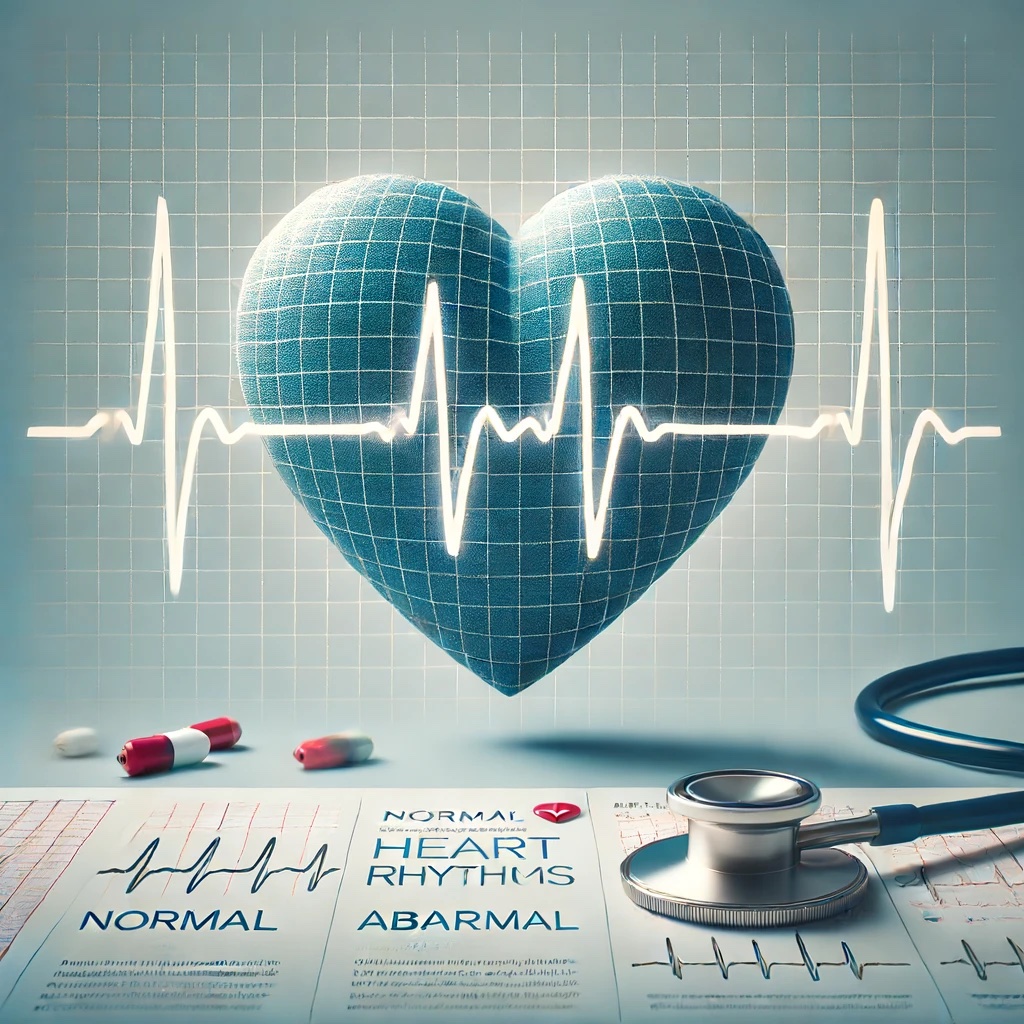What to know about this Vital Sign
Understanding the heart rate, the number of times your heart beats per minute is a key step in taking control of your health. Distinguishing between normal and abnormal allows you to monitor your well-being effectively. For adults, a normal resting heart rate typically falls between 60 and 100 beats per minute, although it can be lower for athletes, ranging from 40 to 60 beats per minute.
An abnormal heart rate means your heart beats too fast, slow, or irregularly. When your heart beats too fast, it’s called tachycardia. You have tachycardia if your heart beats over 100 times per minute at rest. When your heart beats too slowly, it’s called bradycardia. If it beats fewer than 60 times per minute at rest, you might have bradycardia.
Causes of Abnormal Heart Rate
Knowing the various factors that can lead to abnormalities is important. Stress, anxiety, physical activity, caffeine, or nicotine can cause the heart rate to increase temporarily. Medical conditions such as fever, anemia, and hyperthyroidism can also trigger a rapid heart rate, known as tachycardia. Conversely, bradycardia, when your heart beats slowly, can be a result of aging, heart disease, certain medications, sleep apnea, or hypothyroidism.
Recognizing symptoms of an abnormal heart rate is crucial. Symptoms of tachycardia include palpitations (an awareness of your heart beating in your chest), chest pain, dizziness, and shortness of breath. If you experience any of these, monitor your heart rate. Symptoms of bradycardia include fatigue, weakness, confusion, and fainting. These symptoms indicate your heart isn’t pumping enough blood to meet your body’s needs. Your blood pressure may be too low.
What to do
Seek immediate medical care if you notice severe symptoms. If you have chest pain, it could signal a heart attack. Extreme shortness of breath may indicate a serious problem. Fainting or severe dizziness also warrants urgent attention. Call emergency services if you have a rapid heart rate with these symptoms.
An irregular heart rate or arrhythmia can be a severe medical condition. If you feel your heart fluttering or skipping beats, consult a doctor. You should never ignore symptoms like this.
Regularly checking your heart rate helps detect issues early. Use a heart rate monitor or check your pulse manually. Knowing your normal range enables you to spot abnormalities. If you detect any abnormal rates or symptoms, seek medical advice promptly.
Know Your Heart Rate

Taking care of your heart ensures a healthier life. Stay informed about your heart rate and act quickly if you notice any changes. It is helpful in emergencies if you know what is typical for your heart rate. For example, some people generally have a slow or fast heart rate. It can be helpful information if your emergency care providers know that. Your heart health is vital, so don’t hesitate to seek help when needed.
Copyright © 2025 William E. Franklin, DO, MBA
The information on this website (the “Site”) is for general informational purposes only. It is not a substitute for professional medical advice, diagnosis, or treatment. This disclaimer governs your use of the Site; by accessing and using the Site, you accept and agree to be bound by this disclaimer. If you disagree with this disclaimer, you should not use the Site.
No Medical Advice:
The content provided on the Site, including but not limited to text, graphics, images, videos, and other materials, is designed to offer general health and wellness information. It does not intend to provide medical advice about your condition or concerns. Always seek the advice of a qualified healthcare professional with any questions you may have regarding a medical condition. Never disregard professional medical advice or delay seeking it because of something you have read on this Site.
No Doctor-Patient Relationship:
Using this Site and transmitting information does not create a doctor-patient relationship between you and the Site’s owners, operators, or contributors. No recipient of information from this Site should act or refrain from acting based on any content included without seeking appropriate medical advice from a licensed professional.
Use at Your Discretion:
The Site is provided “as is,” and your use is at your own risk. While we strive to provide accurate and up-to-date information, we make no representations or warranties of any kind, express or implied, about the completeness, accuracy, reliability, suitability, or availability of the Site or the information, products, services, or related graphics contained on the Site for any purpose.
Third-Party Content and Links:
The Site may contain links to third-party websites or resources. These links are provided for your convenience and do not imply endorsement or recommendation of these third parties’ information, products, or services. We have no control over the content of linked sites. We are not responsible for any information, services, or products these sites provide. You access and use such third-party sites at your own risk.
Consult a Healthcare Professional:
If you have specific medical questions or concerns or require medical advice or treatment, please consult a qualified healthcare professional promptly. Never disregard professional medical advice or delay seeking it because of something you have read on this Site.
In summary, the information provided on this Site should not be considered medical advice and does not create a doctor-patient relationship. Your use of the Site is at your discretion, and you should always consult a qualified healthcare professional for personalized medical advice and treatment.
